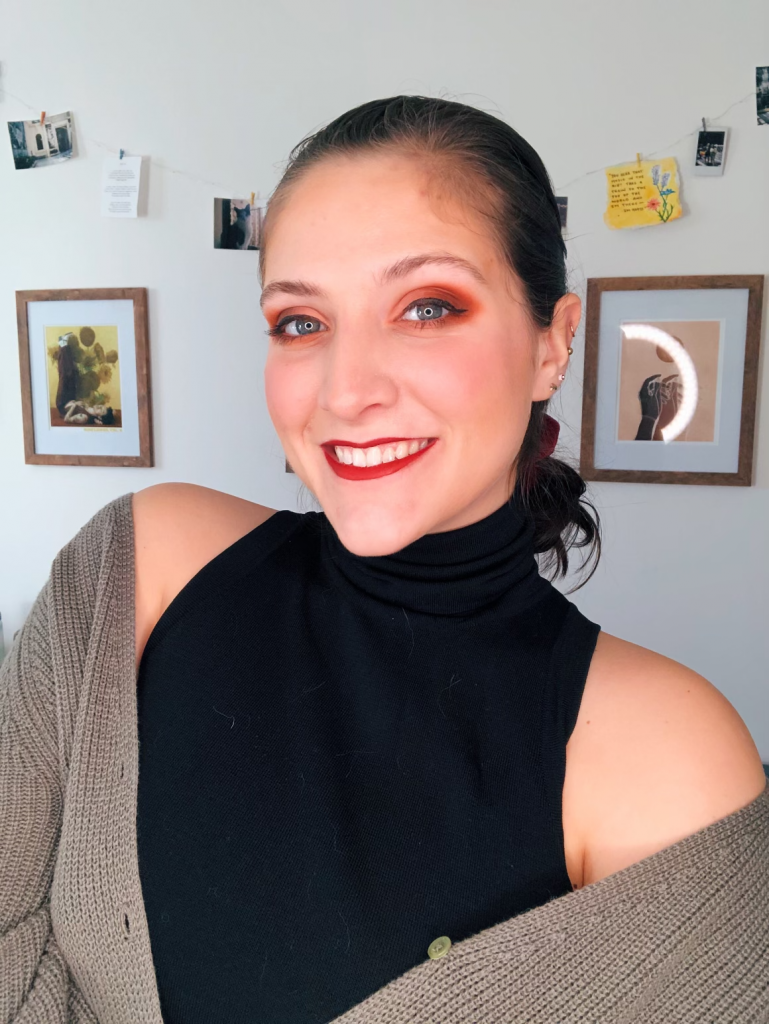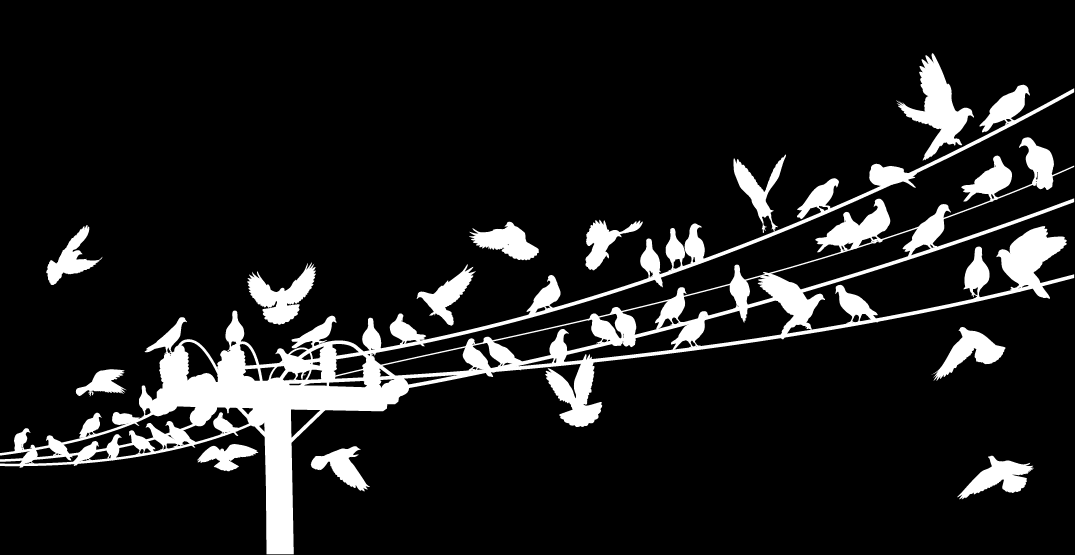
My experience growing up queer and Armenian is a set of parallel lines. The first line is my Armenian life: growing up in Armenian church, Armenian grandparents, traditional values soaked in Christian morality.
The second line is my queer life: attending a gifted school, having many queer classmates, coming out when I was 16 and pursuing a career in the arts. Two worlds, two cultures both rich in history, trauma and perseverance simultaneously working on me but riding on separate tracks. I was running forward into growth regardless and independent from the others.
I never knew what a queer Armenian looked like. What clothes they wore, what music they listened to, what jobs they had, what their friends looked like… I obviously knew what a queer person looked like. And I knew what an Armenian person looked like. But a queer Armenian, despite being exactly what I am, seemed as foreign to me as when my great-grandma arrived in Detroit after surviving genocide. Whatever culture that a queer Armenian lives within, I couldn’t imagine it. I never found that culture in writings, photos, the internet… let alone my daily life. So how could I live as a queer Armenian when my mind goes blank trying to conceptualize this identity?
My life is a queer Armenian life. My existence is proof that this identity exists – yet why do I feel so invisible? Growing up queer in an Armenian church means sitting in the pews, ignoring sermons to wonder if the people around me would stop liking me if they knew I was gay. Growing up queer in our community means feeling relief that I never had to come out to my Armenian grandparents, because by the time I came out, they’d already passed away.
Growing up queer in an Armenian community means not having a single person around to ask me questions like: What does our church think of gay people? What does your family that I’ve known since I was a kid think about gay people? Is this an unsafe place for me if I come out? If people know who I really am, will they still smile at me like they do now? Will they still wish the best for me and for my life? Will they dislike my parents and shun them from the community, despite the decades of service they’ve brought to our church? Would I stop being Armenian if I came out and they rejected me? How can I be Armenian if the community doesn’t see me and validate my queerness within the Armenian community?
I didn’t ask those questions. No one at church talked about gay people. My parents accepted me, but that was at home. We didn’t talk about it in the context of church, family, Armenianness, culture and history. My queerness leaves my body when I step into the sanctuary. My queerness evaporates in front of conservative Armenian relatives. The history and life of Armenian queerness is written in invisible ink. I still struggle to be queer in Armenian spaces. My gut assumes that they’re conservative and traditional, so my guard stays up.
I want queer Armenian friends. I want a fluid Armenian culture like my queer community. I want Armenian allies that will validate my queerness as much as my Armenianness. But I stay silent. My lines continue to run on separate tracks. I have lots of queer friends and I wouldn’t be who I am without that space. I’m immensely grateful for that. But I’m not seen as Armenian in those spaces. My full identity is so grey, it’s almost invisible. I never would have dreamed that there would be an online space for queer Armenians. I wish for this in our day-to-day. I wish for this in our Armenian communities outside of social media. I am Armenian and I am queer. I want to feel like a queer Armenian, but I’m not there yet.
